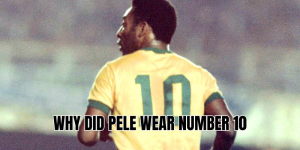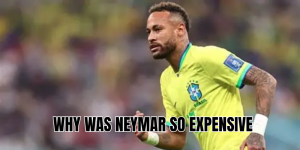The moment you see Lionel Messi 91 goals 2012, you know you’re dealing with one of the most jaw-dropping records in football history. In that calendar year, Messi scored 91 goals in official matches combined for Barcelona and Argentina — smashing Gerd Müller’s 85-goal record.
What exactly was the record
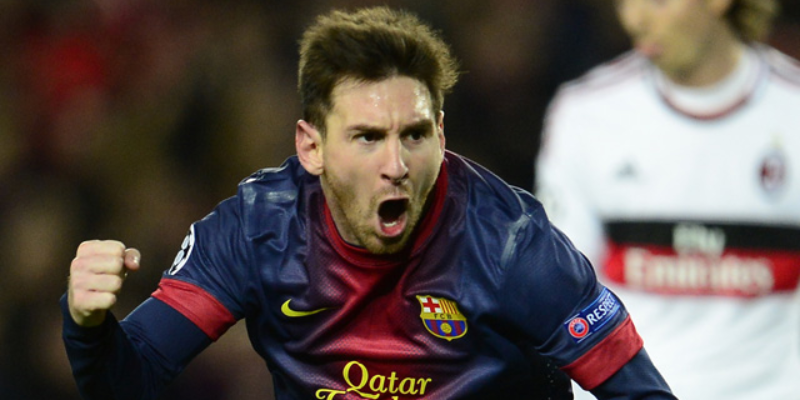
- Total goals: 91 goals in 69 games across all competitions (club + country) during the 2012 calendar year.
- Split: 79 goals for Barcelona; 12 for Argentina.
- With those, he broke the long-standing record set by Müller.
Statistical breakdown: intensity, efficiency, and impact
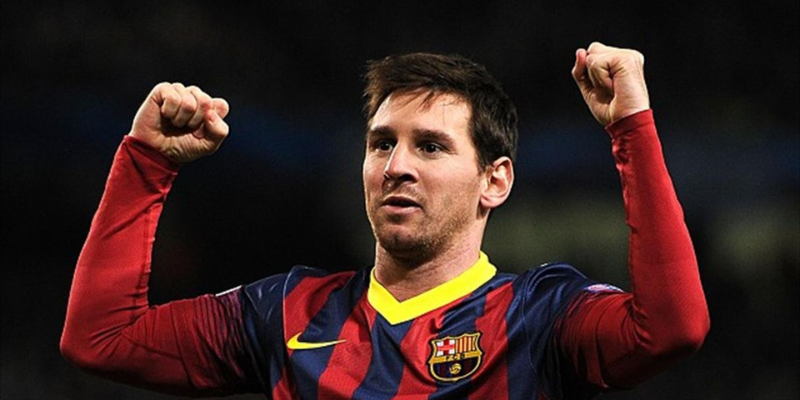
Below are how Messi’s 2012 numbers stack up — not just the goals, but the rate, the context, the style. It’s not just volume, but how he scored that makes this so legendary.
Performance numbers:
- Games played: 69 official matches.
- Assists: 22 assists across those games (club + country) — incredible involvement beyond goals.
- Average goals per game: about 1.32 goals.
- Minutes per goal: roughly every 66 minutes he was on the pitch.
Where and how the goals came:
- For Barcelona: 79 goals, which further break down by competition: 59 in La Liga; 13 in the Champions League; 5 in the Copa del Rey; 2 in the Spanish Su.
- For Argentina: 12 goals in appearances for the national team.
What made it so remarkable
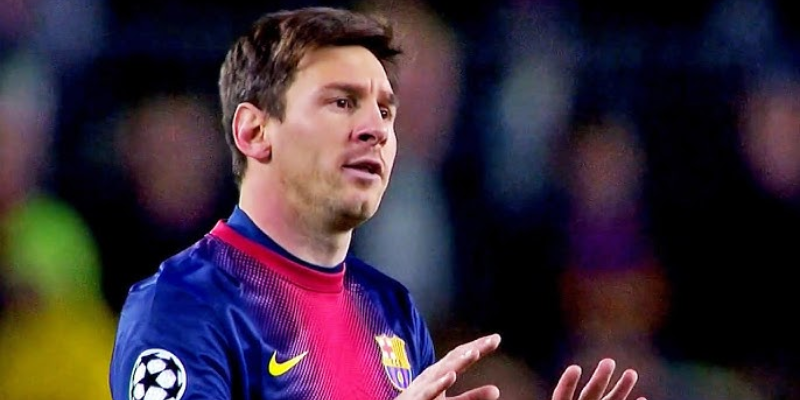
Messi’s 2012 isn’t just about raw numbers. There are many layers that make this performance stand out even decades later.
- Consistency across contexts
- Scoring not just in Spain’s La Liga, but in Champions League, domestic cups, and international matches. Transitioning between club & country isn’t easy, yet he maintained excellence in both.
- He carried form across seasons (end of 2011-12 into start of 2012-13), and across months with varying opponents and pressures.
- Beating an old record
- Gerd Müller’s 85 goals for Bayern Munich + Germany in 1972 stood for 40 years. Messi’s 91 didn’t just edge it — he obliterated it, in modern, more physically demanding football.
- Role and style
- Many of Messi’s goals came, his non-goal contributions were significant.
- The diversity of his scoring: league, cup, Europe, internationals. Facing seasonal fatigue, travel, defensive setups specifically trying to stop him — and yet he delivered.
- Psychological & physical resilience
- Staying injury-free enough to feature in 69 games. Being mentally strong to keep scoring when opponents mark him tightly.
- Handling pressure: by the end of year everybody knew what he was chasing, yet he maintained focus.
Comparison with other elite years
To understand how high the ceiling was in 2012, it helps to compare:
- Gerd Müller’s 1972: 85 goals. Same type of calculation: goals in all official club and country matches in the calendar year. Messi beat that.
- Cristiano Ronaldo 2012: While Ronaldo also had a prolific year, his total goals for club + country were notably less in 2012. Messi’s rate was higher in goals/Game and minutes/goal.
- Other Messi years: Some years he came close (for club alone), but never matched the combined total across club & country like in 2012.
Legacy and aftermath
What followed because of this record:
- It reinforced Messi’s claim as the leading candidate for “GOAT” (Greatest Of All Time) debates. When someone breaks a 40-year-old record, that becomes etched in football lore.
- It raised the standards for goal expectations. Followers, analysts, clubs — all saw what was possible.
- Messi’s Ballon d’Or in that year was no surprise; 2012 helped solidify his individual awards trajectory.
- The record remains untouched. Many great strikers have tried matching or exceeding but have come up short.
Some nuances & lesser-spoken facts
- Penalties: Part of his tally included penalty goals. Some critics say that inflates numbers, but converting penalties consistently is also a skill under pressure.
- Game blanks: He still had matches without goals, but very few. His rate of scoring in matches overall was astonishing.
- Assists & goal contributions: The 22 assists add to the story — not just a goalscorer, but a playmaker. His overall goal contributions in that year push the mark even higher.
Why “Lionel Messi 91 goals 2012” still matters today
Because this record is more than a number. It symbolizes peak performance, work ethic, world-class talent aligned with opportunity. It shows what’s possible when a player combines consistency, variety, pressure handling, and sheer scoring instinct. For fans, it’s a source of endless debate: could anyone come close? Should Messi have tried pushing to triple figures?
Conclusion
If you’re chasing the truth behind Lionel Messi 91 goals 2012, it’s clear: this wasn’t luck, but extraordinary brilliance across 69 games, with 91 goals and 22 assists, smashing records that had been thought untouchable. FreeKickSEO hopes this deep dive gives you not just the “what,” but the “how” and “why” — why 2012 remains Messi’s crown jewel year.
If you enjoy these deep reads, keep following FreeKickSEO— we’ll be bringing you more player breakdowns, match stats, and stories that show why football is more than just a game. Want a similar breakdown for Cristiano Ronaldo’s best year, or the top 10 calendar year goal records? Just say the word.

